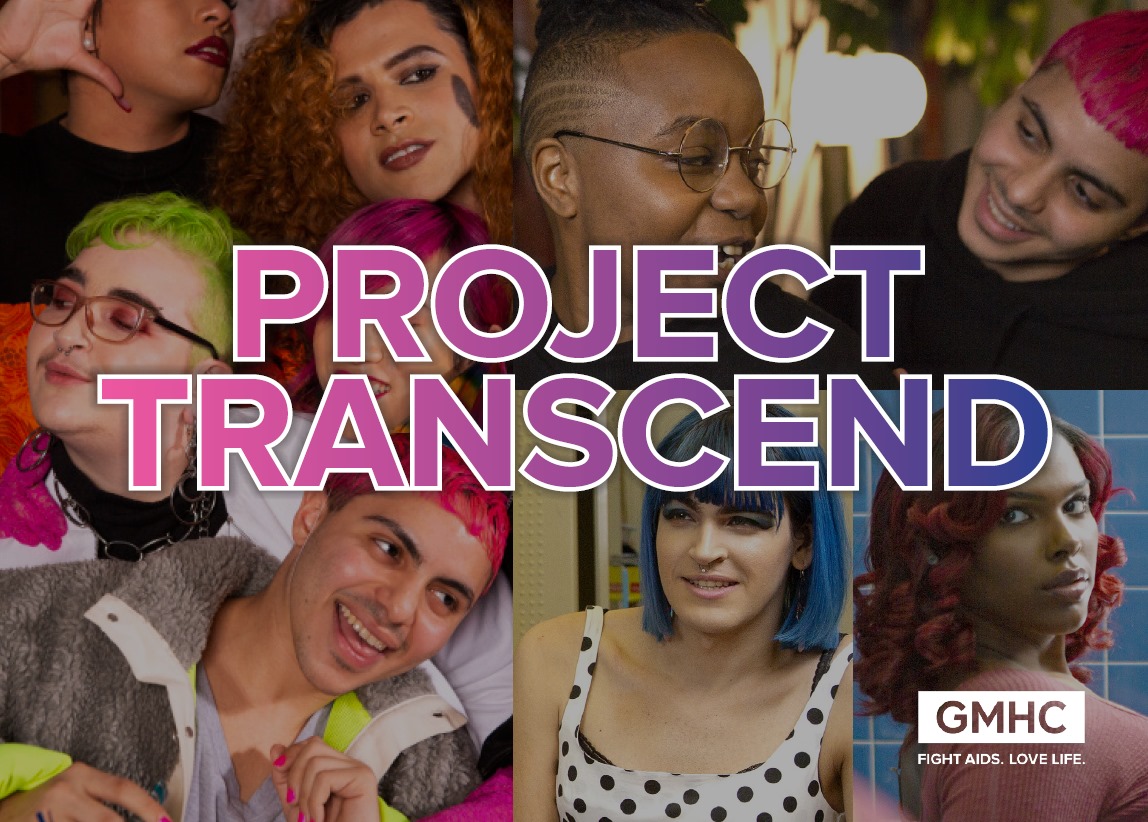Recognizing the transgender community’s unique needs, the New York City Council has made a $555,000 grant to GMHC’s innovative Hub for Transgender and Gender Non-Conforming (TGNC) People, known as the TGNC Hub.
The grant comes from the city council’s Trans Equity Initiative, started three years ago.
TGNC Hub clients “have unique experiences across the gender spectrum,” said Armstrong Tingwane, GMHC’s Managing Director of Prevention Programs.
GMHC started the TGNC Hub in 2015 to coordinate programs already used by transgender and gender non-conforming clients. It has created new ones for their specific needs, including weekly peer empowerment groups—Evolution for transfeminine clients and Translation for those who are transmasculine. The Hub holds a monthly workshop, Community Conversations, for all clients, featuring a wide range of speakers that have included a hospital clinician, a poet, and a fashion guru.
Transgender people experience discrimination, harassment, and transphobia—as well as HIV infection rates up to three times higher than the national average from barriers to accessing health services. Many TGNC Hub clients are low-income and people of color, ranging in age from about 20 to their 40s and 50s, Tingwane said.
The NYC City Council grant allowed GMHC to hire an additional attorney to assist TGNC clients with a range of legal needs, such as employment and housing discrimination, plus accessing government benefits. GMHC’s legal department hosts “Know Your Rights” webinars in English and Spanish for all clients on key issues including name changes, immigration matters and advance directives for end-of-life care.
The funding also supports the TGNC Hub’s supportive programming. Clients generate the topics for these groups, Tingwane said, which are often around health and sexuality, including gender-affirming care, hormone therapy, substance use, addiction, and accessing PrEP (pre-exposure prophylaxis) and PEP (post-exposure prophylaxis) for HIV prevention.
“These special programs affirm their unique experiences, which is essential for their mental well-being and for them to grow and prosper,” he said. All GMHC’s staff serving the TGNC Hub are of trans experience, he added, so they understand the community’s needs.
GMHC staff have also developed a Peer Education Training program, focused on HIV prevention and leadership development. Tingwane said he hopes to expand the TGNC Hub’s leadership development and mentoring programs.
Staff perform a comprehensive intake assessment for each client that includes health care, housing, and mental health needs, as well as behavioral risk, such as substance use. That way, the staff can help clients access appropriate healthcare, social support and, when needed, legal assistance.
The high level of discrimination, including misgendering, for the TGNC community affects how they navigate services, Tingwane said, because “a lot of spaces don’t accommodate their unique needs.”
Many TGNC Hub clients distrust medical providers, due to the lack of gender-informed care, he added, and so the staff helps connect them to appropriate care providers among the limited number in New York City that are sensitive to trans people’s needs.
Health care needs include HIV treatment and prevention services, and gender-affirming care, Tingwane said. The TGNC Hub also provides gender-affirming supplies for everyone—and makeup kits for Evolution members. A gender-neutral hygiene kit includes male and female condoms, tampons, and razors, so that clients can choose what they need.
“You never know where somebody is, and they could be transitioning,” Tingwane explained.
The TGNC Hub started with Evolution for GMHC’s transfeminine clients, which has grown to between 25 and 40 participants each week.
“They needed their own space,” Tingwane said. “We’d find a time to meet, provide a hot meal, and start conversations.” A lot of the conversations, he said, are around gender assignment services, hormone therapy, and violence in the trans community.
Earlier this year, Janssen Therapeutics awarded the TGNC Hub a $35,000 grant to support its newer Translation group for transmasculine clients with their own specific concerns, ranging from masculinity to accessing services.
The TGNC Hub transitioned its groups to Zoom in response to the COVID-19 pandemic, and staying healthy during COVID-19 has been a big concern for clients, Tingwane said, adding that another of the Hub’s groups, Seeking Safety, addresses substance use and HIV prevention.
TGNC Hub staff and clients have gotten creative since Zoom fatigue set in, he added. They’ve started holding some meetings in public spaces such as Central Park and Riis Beach in Far Rockaway, where they can mask up and social distance to safely reconnect in person.

